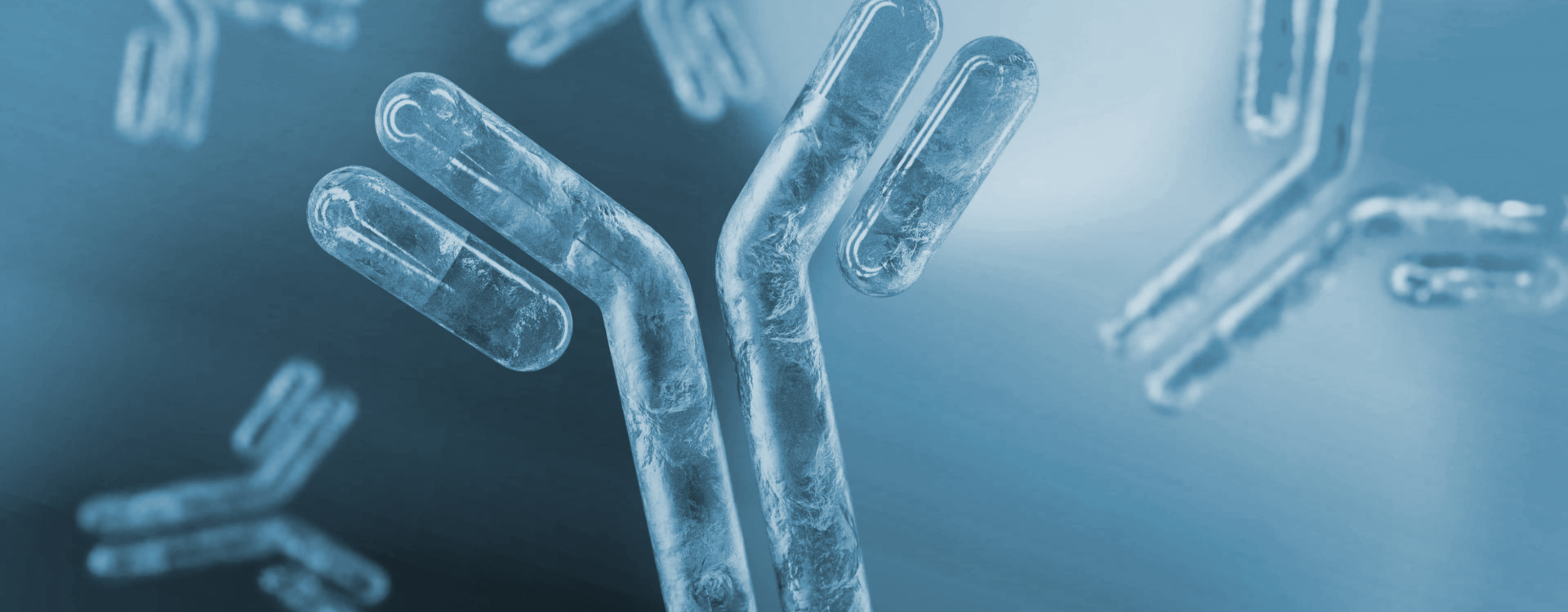We Are Addressing a High Unmet
Medical Need in Cardiogenic Shock

Cardiogenic Shock
is the most common form of circulatory shock among patients in ICU
Cardiogenic shock mortality rate exceeds 70% in intensive care units.
Cardiogenic shock is an acute and life-threatening medical emergency, usually caused by an acute myocardial injury, like a heart attack, resulting in left-ventricular dysfunction of the heart and subsequent inadequate oxygenated blood supply to the periphery. Up to 200,000 patients in the United States suffer from cardiogenic shock per year, and the incidence is steeply increasing due to improved therapeutic options for underlying acute myocardial infarction. Cardiogenic shock retains its high mortality of 50-70% within the first 30 days after diagnosis, despite the progress in intensive care and circulatory support using vasopressors, inotropes and mechanical circulatory assist devices.
Cardiogenic shock develops via disturbances in pathophysiological pathways controlling cardiac function, vascular tone and inflammation. A specific pathophysiological and causative pathway largely contributes to the development of cardiogenic shock and dictates its course: the excessive release of Dipeptidyl Peptidase 3 (DPP3), which explains more than 50% of all cardiogenic shock cases.
We identify and stratify high risk patients using our established biomarker
Dipeptidyl Peptidase 3 is an important causative pathway in cardiogenic shock
We are developing a targeted therapy to inhibit DPP3
Procizumab will be a first-in-class antibody targeting the DPP3 pathway in cardiogenic shock.
Our Investors
Supported by
The project is funded by the European Social Fund (ESF) and the Federal State of Brandenburg via the Brandeburg Ministry for Labor, Social Affairs, Health, Women and Family (MASGF).